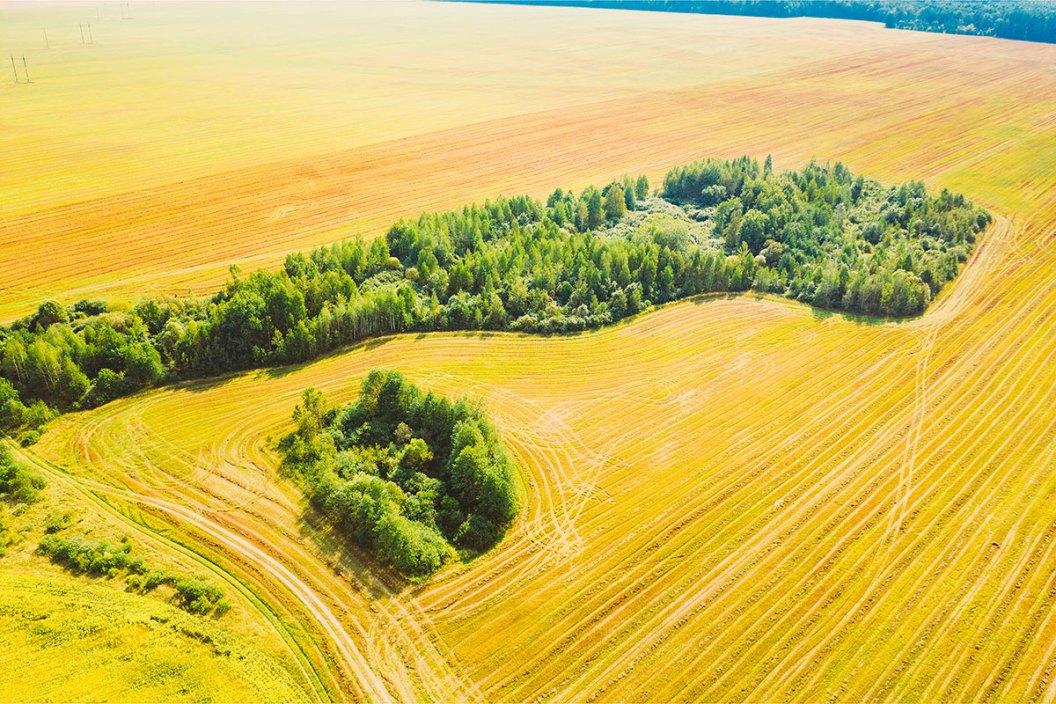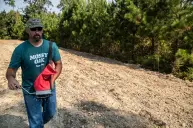Want to start your own homestead? The government may not be awarding patents to 160-acre plots anymore, but you can adapt homesteading principles to most sized acreages or yards.
You know something? Modern homesteaders are short on luck.
The Homesteading Act of 1862 was repealed in 1976 to make way for the Federal Land Policy and Management Act. The waning days of obtaining land through the then 114-year-old process concluded in Alaska in 1986. However, starting your own homestead and the spirit of a self-sufficient lifestyle doesn't have to be lost with obsolete legislation.
How far you want to go with this way of life is a personal choice. Even if you are not totally off-grid, the homesteading journey is extremely gratifying.
Maybe you just want to have backyard chickens and grow some of your own food. Whatever the homesteading dream means to you, here's how to get started with your own little slice of DIY paradise.
1. How Self-Sufficient Do You Want to Be?
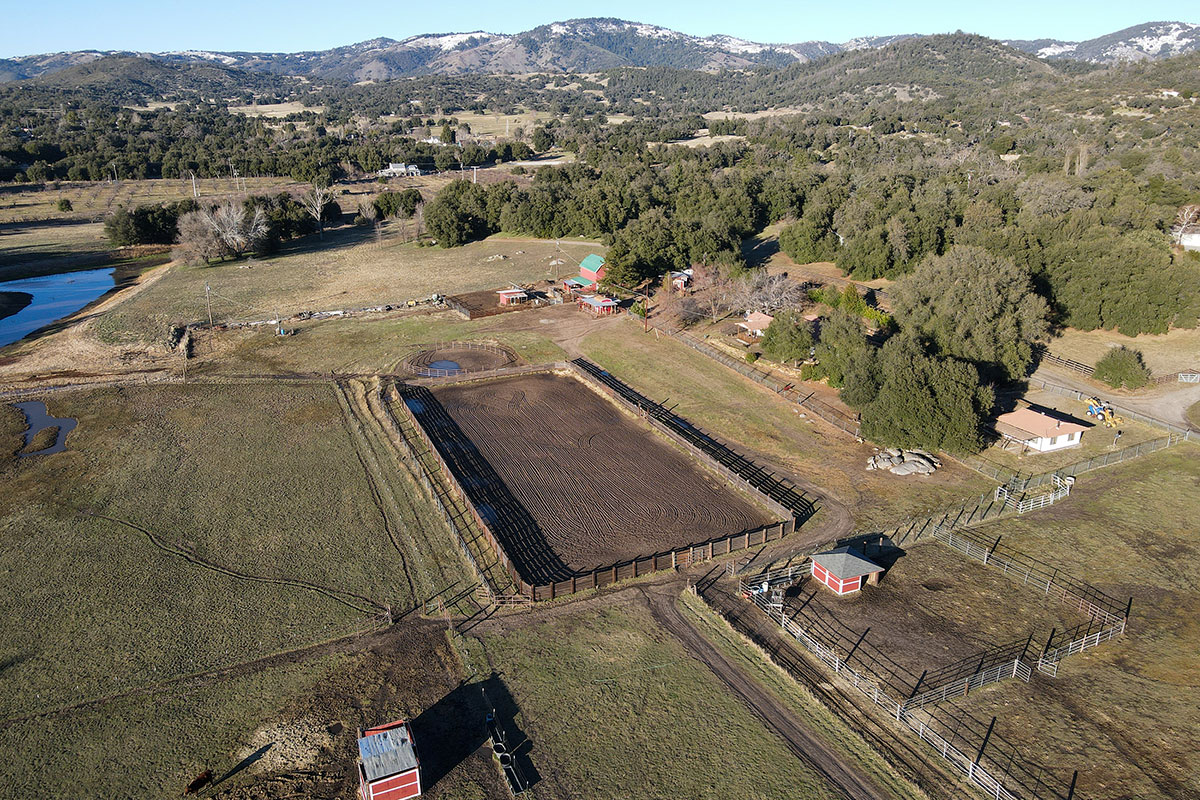
This is step one. Come up with a rough idea of the scale so you can plan your homestead projects accordingly. Do you want to implement solar panels or just plant fruit trees and a garden? Is owning acres of land with a barn, chicken coops, and other outbuildings something that is appealing?
Determining your level of self-sufficiency will somewhat depend on how big your property is. Obviously, you need a larger piece of land to have free-range chickens, cows, and/or other livestock. With some vision and a good plan, you can turn even a small-scale property into a well-producing homestead.
2. Start Small, Start Slow
It has been said that modern homesteading is a marathon, not a sprint. Unless you inherit a large farm and plan on trying to run it full-time, think about starting small. Take your time in the first year mastering different aspects in manageable chunks so you don't get overwhelmed.
Know-how comes from doing. Learning gardening, hunting and fishing, food preservation, cooking, sewing, composting, and similar projects are all good starters for the first year.
3. Gotta Have a Garden
Either from the hard work put into it or the freshness of the harvest, home-grown veggies just taste better. One of your first projects as a new homesteader should be growing a vegetable garden. Also, consider adding an herb garden and fruit trees.
If you aren't able to till up a chunk of ground and do in-ground garden beds, you can do raised beds. Raised bed boxes or containers are fine choices, especially when space and soil conditions aren't ideal.
Our very first "raised bed" garden consisted of a galvanized steel tub and those big toy tubs with rope handles. You can find these tubs at Walmart for a reasonable price. Drill some holes in the bottom and you are good to go.
Great examples of easy-to-grow garden vegetables are corn, potatoes, green onions, tomatoes, carrots, radishes, lettuce, zucchini, green beans, peas, and spaghetti squash. Things like watermelon and bell peppers can be problematic unless you have the right climate.
For a starter soil, I'm going to recommend buying a pre-mixed raised bed soil that already includes the needed nutrients. That way you can focus on just the growing and tending aspect. This will get your garden started quickly and give you time to begin a compost pile for future gardens.
If you are starting an in-ground garden you can buy compost, manure, add organic matter, or simply buy fertilizers to mix in with your soil. Remember, this is just to get you started for the first year.
After harvesting, soil nutrients will be depleted from a combination of growing and rain leaching it out. You can amend the soil in your raised beds the following year with the compost you made.
This will save money since you won't have to buy a whole new round of soil for all your containers. Alternatively, you can use organic matter for soil amendments. You can apply this to raised beds, containers, and in-ground garden soils.
4. Get into Composting
https://www.instagram.com/p/BSzglNTAqOT/
Composting is one of several important homesteading skills. It's also a great way to add nutrients to your soil, as well as deal with food scraps and other waste. Adding this "black gold" to next year's soil will get it ready for the growing year. You'll reduce landfill waste, plus save money on soil and chemical fertilizers, not to mention recycling kitchen and yard waste.
Grass clippings, ash from your fireplace, eggshells, food scraps, coffee grounds, and dry leaves are some of the things you can use to generate compost.
There are various containers you can use for composting. Depending on the amount of space you have, you can build a large bin (even make it from pallets!), use a more compact tumbler, or just make a pile and cover it with a tarp.
It should take about six months for you to have useable compost.
5. Pay Attention to Irrigation
One thing you'll quickly realize when you start tending to your garden, herbs, fruit trees, and ornamentals is that watering can be time-consuming. If you are hand watering with a watering can or wand it can easily suck an hour or more out of your day. If you are working an outside job that is a lot of time.
You can make or buy irrigation systems for in-ground or raised bed gardens, and the pre-made ones are relatively inexpensive. This hands-off watering method will save you a ton of time and effort.
Going a step further, you can also make a rainwater catchment system and attach that to your irrigation system.
6. Canning Can Get You Far
https://www.instagram.com/p/COM72VLMMn_/
If you are going to grow your own food, it is critical to learn food preservation techniques like canning. Veggies are perishable and it rarely works out to simply pick off the plant as needed. When the tomatoes and zucchinis are flying at you week after week, they need someplace to go!
There are lots of resources out there including books and YouTube videos that dig into the art of food preservation. Canning supplies are readily available at local co-ops, Amazon, and other locations.
7. Don't Forget About Hunting and Fishing
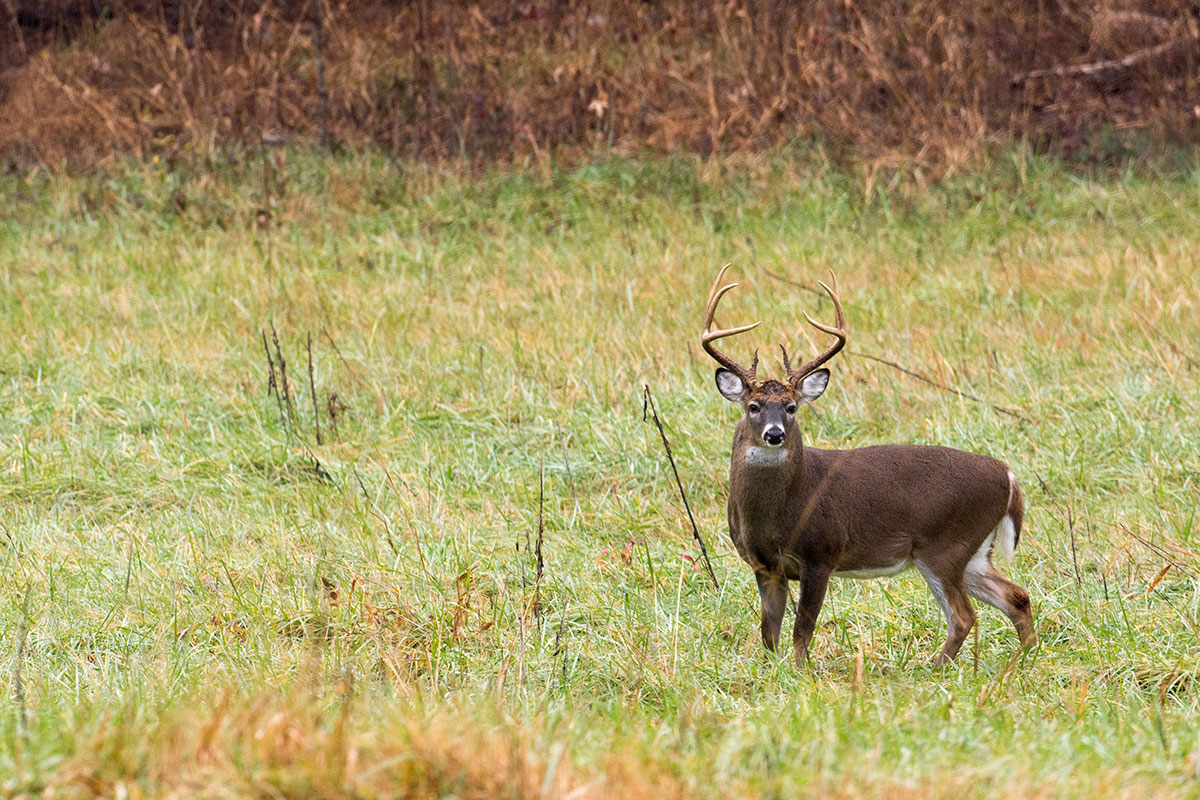
Learning to hunt and fish are as important as growing your garden. Starting your own homestead is about being self-sufficient and hunting is part of living off the land. It's never too late to learn or pick it back up if you've been away from it.
Learn to butcher and fillet so you can take it from the field to table yourself. It isn't terribly difficult, especially since you don't need ultra-professional-looking cuts.
Depending on the size of the animal it can be time-consuming, however. You will know every piece of meat is yours and will save money.
Whether it is backstrap steaks, smoked salmon, or sliced grouse breast, you will be hard-pressed to find better-tasting animal protein.
8. Brush Up on Your Cooking and Baking
Hopefully, your idea of cooking a balanced meal is more than throwing a Hot Pocket into the microwave! If it's not, well, you can work on it. Baking bread, smoking or dehydrating meats, and cooking homemade meals from "real food" with ingredients you've grown or hunted is the ultimate in self-reliance and nutrition.
9. Why Not Livestock?
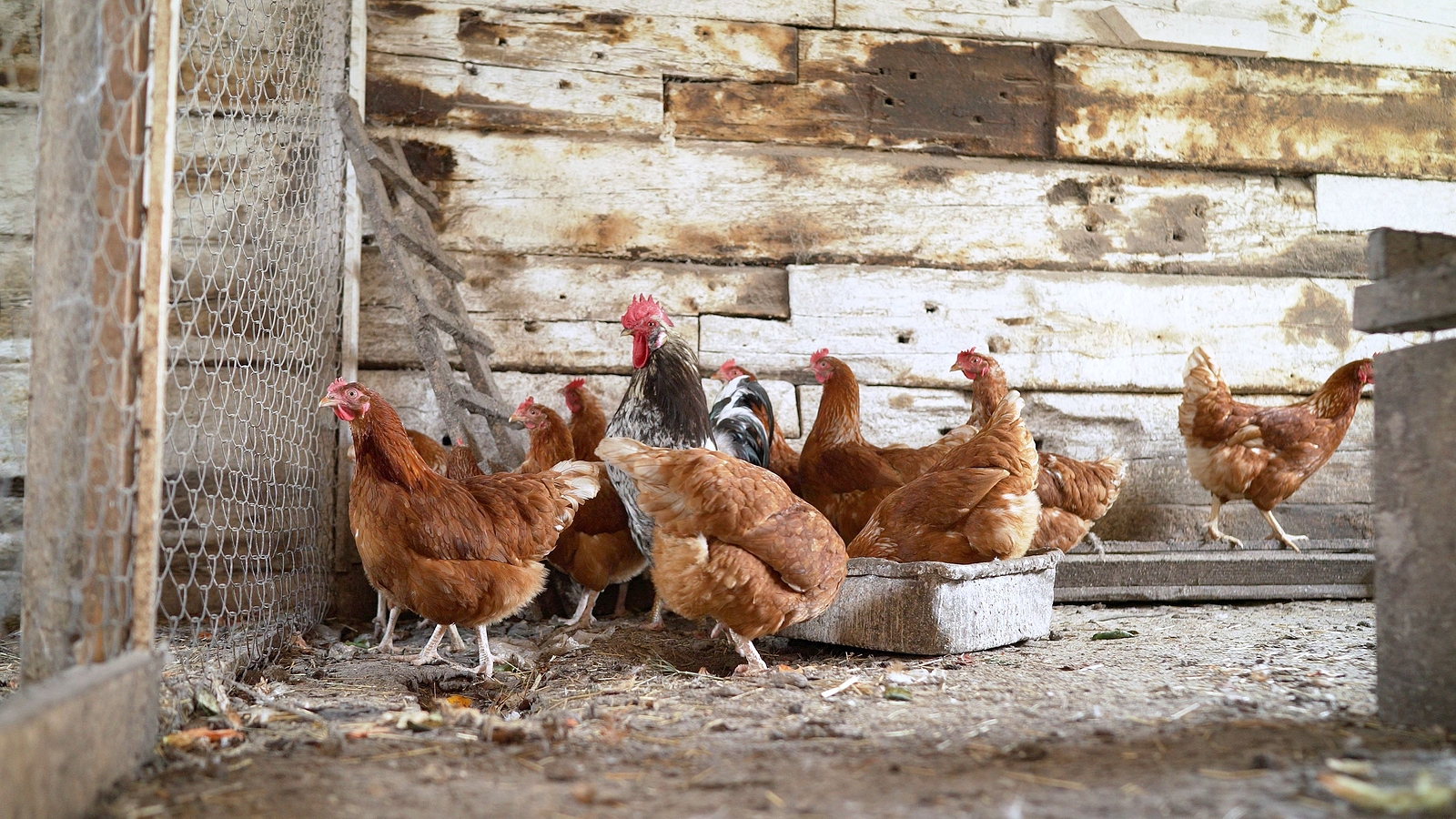
Livestock is something of a next-level commitment. Animals require time and feed which can be a lot of work. But you can start small with baby chicks and rabbits. From there you can move to goats, pigs, cows, and other animals as your budget or property limits allow.
Also, if you are within city limits you will need to pay attention to local laws regarding livestock. Some towns don't even allow chickens within city limits.
That's a decent list to get you started on your own homestead. Trust me, there is a lot more! Unless you have the desire and the means to fully jump in, start slow and learn as you go. Again, don't overwhelm yourself. When you've mastered one project move on to the next.
NEXT: HOW TO AVOID TICKS AND THE APPARENT APOCALYPSE THEY'RE BRINGING FORTH
WATCH
